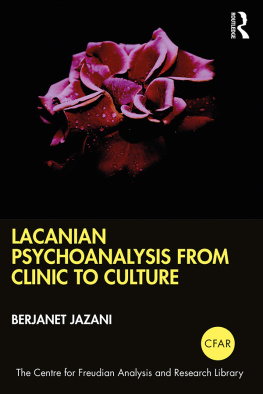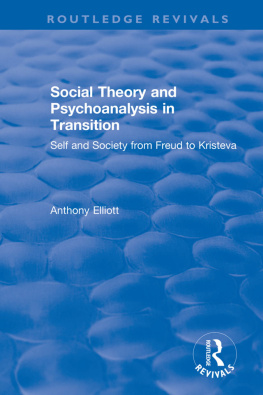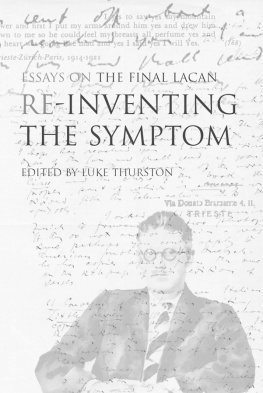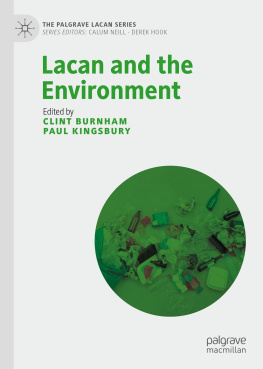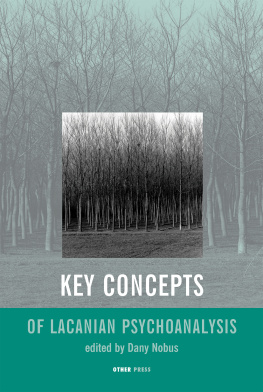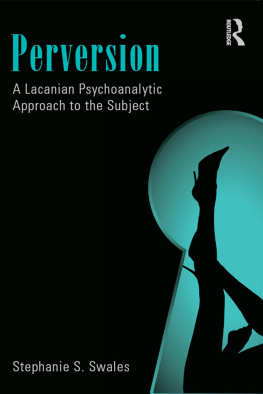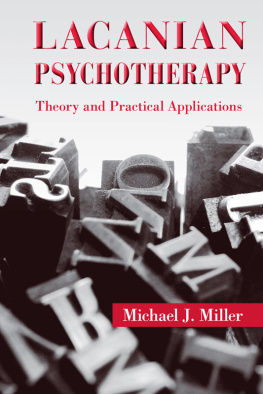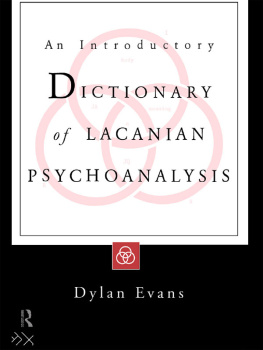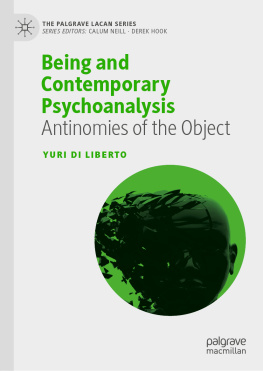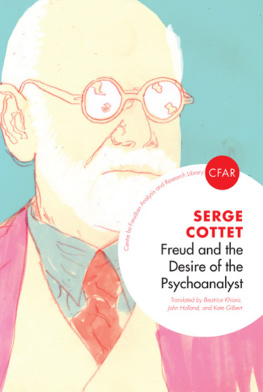This book is the result of one single moment: a moment of disbelief. Faced with total despair, I chose to believe in life, love and light out there, somewhere. Therefore, I am most grateful for all the unconditional, nurturing love I have received since then and forever, which has maintained my belief in possibility and in change.
I wish to express my sincerest respect to each and every single one of the people with no name who generously contributed towards that moment. And, to the suffering of all my beloved ones to which this is the least that can be said.
I wish to thank everyone within or associated with CFAR. To all CFARians: first and foremost, to trainees and students; to founders and teachers; to all affiliate, associate, analyst members; to all artist, academic, translator, editor and writer friends of CFAR; to Ethics, Training and Management committees; to clinicians at our low-cost clinic; to CFAR Journal and Library contributors and, last but not least, to Pat Blackett. You all have created a home faithful to the soul of analysis and research.
To my most-difficult-to-work-with patients and analysands, who do not hesitate to constantly challenge my knowledge and experience.
To my much-loved victims: my students and my readers.
To all of my teachers and supervisors from medical school in Tehran, and to Dr Abdi Rafatian.
To my editors: Rosanna Hildyard and Julie Scrase.
To rock and jazz music. Specially, British hard rock and metal, which made this land a hope for me many years ago!
To Disney and Pixar animations, which were most inspiring to my writing.
And, finally to the scent of spring, summer, autumn and winter in my Iran. I count the days until I can once again feel the passage of time in the lands of Phoenix.

If someone had told me, many years ago, that I would write a book in the future, I would certainly have laughed. Thats not something I want to do, I would have replied, sure of myself. I was always much more of a reader and talker than a writer. I started teaching when I was 12. That summer, I was preparing to bypass the first grade to go straight on to the third grade in secondary school. I had started to study the second grade by myself, earlier that spring. Later, in the chapter A resident of the world, I will explain why I was in such a rush to finish school but I am sure that I was enjoying the mood and the pace. Closer to the exam date, in early September, I enrolled for maths class for a period of two weeks. This class was actually for those who were repeating the second year they disliked me very much. Yet, I was drawn to volunteer my services to them: to teach, while learning with them. And so we became friends!
I enjoyed the experience to the extent that I decided to work as a private tutor from that point. Now, looking back, I think that what I found attractive about teaching was in stimulating thought in my victims as much as in facing the challenges brought upon me while transmitting knowledge. As a result, I was always inventing new ways and methods of teaching. But all the way through, writing was completely alien to me. Writing was equated with storytelling, or, to be more precise, with concocting a story. It was not serious enough to do as a job, or even, perhaps, as a project that has turned into a vocation. I think I can now acknowledge the fact that I had tamed and squared myself into different boxes and masquerades. Medicine is the most obvious example, and sometimes I still miss it, I must admit. However, what I do not miss about it is the endless repetition of true/false and the pattern of proven/not enough evidence. The whole market and politics at play in this field disappoints me.
The mission of a particular desire, the desire not to know, acts in fact as a defence or perhaps protection against an unruly, wild drive. A desire always in disguise manifested once I found myself treating the condition of a student of mine, rather than teaching her. This young student had learning difficulties. Her much older parents had employed me to help her with maths and science. In my first visit to her, she was indifferent to my presence and all my attempts at communication failed. The only child of her parents, there was a 60-year age difference between her and her father, and 45 years with her mother. As a benevolent gesture, her parents had decided to buy her a kitten, so that she could resolve her communication difficulties with others around her, including them. However, all the chores of owning a pet were done by her mother; my student had not even named her kitty. Besides this, her science teacher at school wanted the class to give an oral presentation. My student could not face the idea. Now, looking back, I seem to have been more interested in the cause of her difficulties than in training or teaching her how to present in front of her class or to please her teacher. I remember making innovations in my teaching strategy, for example, by buying her little cacti her favourite plants every week, and encouraging her to name and take care of them. Through this nurturing act, I also encouraged her to decorate her shelves in the way she wanted to. I was lucky to have her mother to back up my mode of intervention. My student started to talk to me and was happy enough to play me some of her favourite music on her computer. We both had an interest in Iron Maiden! I introduced Jimi Hendrix and Dire Straits to her and she was eager to convince me that Queen was cool too.
After a few weeks, with a shelf full of cacti, music in the air and a kitty on her lap, her father came into her room after returning home early from his work trip. Well, he found nothing of the teacherstudent scenario that met his expectations. I was fired and not paid. Her mother reached out to me a bit later, to send me her gratitude for making her daughter more sociable, and her regret about the fact that her daughters grades in science and maths were not impressive at all. I also received a note from my student saying: Rock rocks! with a little heart in the corner. I could not have been more pleased.
Indeed, her rock rocked something in me too. I just needed a good few years to act upon my desire to teach, as well as work on my relationship with the ivory tower of knowledge. In a way, the question I needed to target was: what was the effect of such an intervention and at what level? What purpose could different kinds of creative acts serve and, as a result, what could be transformed? It is not always humour that transforms a tragedy, and why transformation in the first place? Where can a desire be detected? I did not just want to be blinkered by the correct knowledge. I wanted to search for it endlessly, while questioning it at the same time.
Thanks to Freuds Irma dream, the field in which to work through this desire was made available for me to discover, years later. While writing the first chapter, I rediscovered the excitement of his first discoveries for myself, through the realisation of his endeavour to push beyond available facts and theories. I admire his courage in sharing his difficulties and understandings through his practice. In fact, the very essence of Freudian psychoanalysis is the underlying belief in sharing our ignorance with each other, driving the windmill of exploration to keep turning. Desire speaks out in many different ways.
The story behind the chapter A black swan in the mirror begins with my own preoccupation with the role of Captain Von Ebrennac in Vercors short story,

